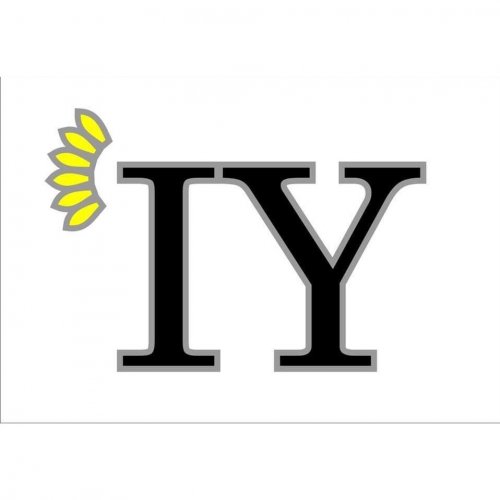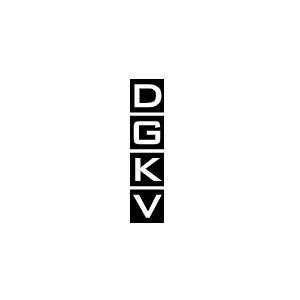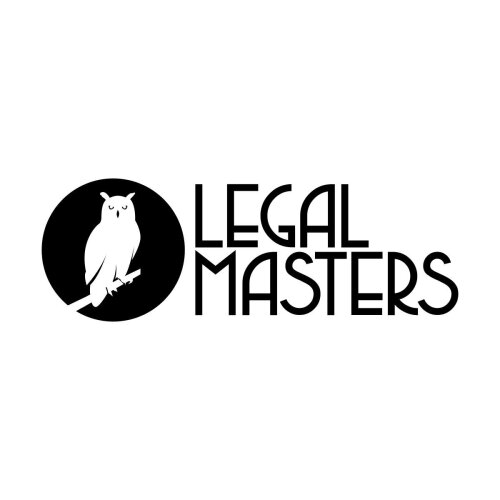Best Creditor Lawyers in Sofia
Share your needs with us, get contacted by law firms.
Free. Takes 2 min.
List of the best lawyers in Sofia, Bulgaria
About Creditor Law in Sofia, Bulgaria
Creditor law in Sofia, Bulgaria, involves the legal rights and obligations associated with the collection of debts and the protection of creditors' interests. In Sofia, as throughout Bulgaria, creditors have specific rights regarding debt recovery, the initiation of legal proceedings against debtors, and the enforcement of judgments. The legal framework is primarily based on the Bulgarian Obligations and Contracts Act, the Civil Procedure Code, and other relevant legislation. The city of Sofia, being the capital, also hosts numerous law firms and professionals specializing in this area, providing a support network for creditors seeking to exercise their legal rights.
Why You May Need a Lawyer
There are numerous reasons why someone might need a lawyer in creditor-related matters in Sofia. Common situations include the need for effective debt recovery, navigating complex bankruptcy procedures, handling disputes related to credit agreements, and ensuring compliance with both local and European regulations. Lawyers can offer expert advice and representation to protect a creditor’s rights, negotiate with debtors, and facilitate mediation or litigation processes. Additionally, they can help navigate contract law intricacies and prevent potential legal pitfalls.
Local Laws Overview
In Sofia, creditor-debtor relations are governed by several key legal principles. The Bulgarian Obligations and Contracts Act provides the foundational framework for contractual agreements and obligations. The Civil Procedure Code outlines the procedures for pursuing legal action for debt recovery, which can involve negotiations, court proceedings, or arbitration. Specific laws also protect creditors' rights during bankruptcy proceedings, where they can lodge claims against a debtor’s estate. Sofia, being an administrative center, has well-established judicial and regulatory bodies overseeing these processes, ensuring that creditors can effectively pursue their claims.
Frequently Asked Questions
What rights do creditors have in Sofia, Bulgaria?
Creditors have the right to pursue repayment, initiate legal action against a debtor, and, if necessary, participate in bankruptcy proceedings. They are entitled to seek court enforcement of agreements and judgments.
What is the process for debt recovery in Sofia?
The process involves initial negotiations or mediation with the debtor. If unsuccessful, the creditor can file a lawsuit under the Civil Procedure Code, potentially leading to a court judgment and enforcement actions.
How long does it typically take to recover a debt?
The duration can vary based on the complexity of the case, the debtor’s cooperation, and whether court proceedings are necessary. It may range from a few months for straightforward cases to over a year for contested or complex scenarios.
What happens if a debtor declares bankruptcy?
If a debtor declares bankruptcy, creditors can file claims against the debtor’s estate. The proceedings will be handled as per the Bulgarian Commerce Act, with court involvement to distribute the debtor’s remaining assets.
Can creditors charge interest on overdue debts?
Yes, creditors can charge interest on overdue debts, as determined by the contractual agreement and within the legal interest rate limits established by Bulgarian law.
Is there a statute of limitations for debt claims in Sofia?
Yes, typically, the statute of limitations for fulfilling financial obligations is five years, starting from the moment the obligation becomes due. However, specifying terms in the contract can modify this and should be reviewed with legal counsel.
What legal documents are necessary for pursuing a debt claim?
Essential documents include the original credit agreement, any amendments, records of communications regarding the debt, proof of default, and financial statements or receipts.
How can I enforce a foreign judgment in Sofia?
For enforcing a foreign judgment, the judgment must be recognized by a Bulgarian court. This involves a court process and compliance with Bulgaria's civil law and, potentially, EU regulations.
What role does a lawyer play in creditor-debtor disputes?
A lawyer provides legal advice, represents clients in negotiations and court, drafts necessary legal documents, and ensures compliance with applicable laws to protect the creditor’s interests.
How do legal costs work in creditor cases?
Legal costs can vary based on case complexity, attorney fees, and court costs. Many attorneys offer initial consultations to assess the case and provide an estimate of potential legal expenses involved.
Additional Resources
Those seeking legal advice on creditor issues in Sofia can find valuable resources and support from the Bulgarian Ministry of Justice, the Sofia Bar Association, and consumer protection authorities. These organizations offer guidance and oversight, ensuring that creditor laws are upheld. Additionally, law libraries in Sofia provide access to legal texts and references, both locally and online, which can aid in understanding creditor-debtor laws.
Next Steps
If you need legal assistance with creditor matters in Sofia, consider contacting a specialized attorney who can assess your situation and advise on the best course of action. Gather all relevant documents including contracts, correspondence, and any existing legal judgments related to the debt. Schedule consultations to explore your legal options and understand possible strategies for debt recovery or enforcement. Additionally, ensure you are familiar with both your rights and obligations under Bulgarian law as they pertain to your specific situation.
Lawzana helps you find the best lawyers and law firms in Sofia through a curated and pre-screened list of qualified legal professionals. Our platform offers rankings and detailed profiles of attorneys and law firms, allowing you to compare based on practice areas, including Creditor, experience, and client feedback.
Each profile includes a description of the firm's areas of practice, client reviews, team members and partners, year of establishment, spoken languages, office locations, contact information, social media presence, and any published articles or resources. Most firms on our platform speak English and are experienced in both local and international legal matters.
Get a quote from top-rated law firms in Sofia, Bulgaria — quickly, securely, and without unnecessary hassle.
Disclaimer:
The information provided on this page is for general informational purposes only and does not constitute legal advice. While we strive to ensure the accuracy and relevance of the content, legal information may change over time, and interpretations of the law can vary. You should always consult with a qualified legal professional for advice specific to your situation.
We disclaim all liability for actions taken or not taken based on the content of this page. If you believe any information is incorrect or outdated, please contact us, and we will review and update it where appropriate.











